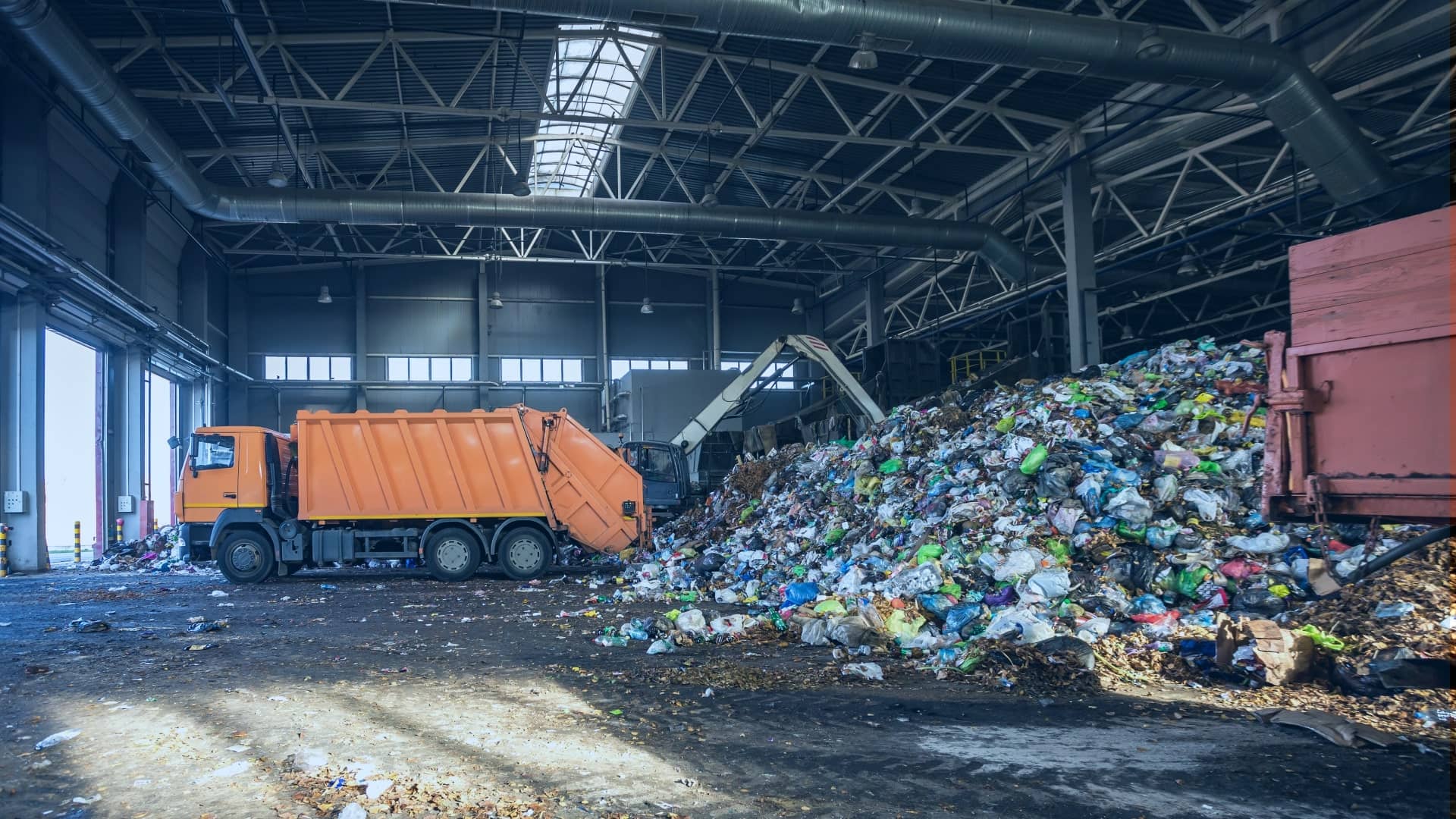Everything about Reclaim Waste
Wiki Article
The 20-Second Trick For Reclaim Waste
Table of ContentsReclaim Waste - TruthsThe Ultimate Guide To Reclaim WasteThe 5-Minute Rule for Reclaim WasteUnknown Facts About Reclaim WasteHow Reclaim Waste can Save You Time, Stress, and Money.
Explore the types, incidents, and forms of liquid waste. Domestic sewer waste describes the waste and products from a household septic system. This kind of waste is produced by people in houses, institutions, and various other structures. This only consists of septic systems that have a drainpipe field. The proper monitoring and disposal of residential sewer waste call for liquid waste to be transferred to a sewer treatment plant where the appropriate techniques and tools are related to cleanse and throw away waste.
Commercial waste frequently consists of potential threats, such as flammable materials or a mixture of fluid and strong waste items, and requires an extra innovative and comprehensive disposal process. The disposal of business waste normally includes the purification of waste prior to transport to guarantee risk-free and correct disposal. Hazardous waste is produced from byproducts and drainage of commercial processes and production.
This sort of waste can not make use of the exact same sewage monitoring transport or procedures as septic or business liquids. The hazardous waste management procedure requires the inspection and testing of fluid waste before it goes through the disposal process (liquid waste disposal melbourne). Runoff waste is the fluid waste that comes from drainage and excess stormwater in very populated areas or cities
Drainage waste can cause contamination and flooding if not handled correctly. Making sure appropriate waste monitoring can avoid catastrophes and minimize ecological damage.
A Biased View of Reclaim Waste
Contact PROS Services today to learn regarding our waste management and disposal solutions and the appropriate methods to look after the fluid waste you produce.(https://sitereport.netcraft.com/?url=https://reclaimwaste.com.au)Do you know what happens to your water when you disengage, flush the bathroom or drain the washing machine? No? Well, it's worth recognizing. This so-called 'wastewater' is not only a vital source however, after treatment, will be released to our land, rivers or the ocean. Made use of water from bathrooms, showers, bathrooms, kitchen area sinks, laundries and industrial procedures is known as wastewater.

water used to cool equipment or clean plant and devices). Stormwater, a form of wastewater, is drainage that streams from agricultural and city areas such as roofings, parks, gardens, roadways, courses and seamless gutters into stormwater drains pipes, after rainfall. Stormwater flows unattended directly to neighborhood creeks or rivers, eventually reaching the sea.
Some Known Incorrect Statements About Reclaim Waste
In Queensland, most wastewater is dealt with at sewer therapy plants. Wastewater is moved from residential or commercial websites with a system of drains and pump stations, recognized as sewage reticulation, to a sewer therapy plant.The Division of Natural Resources advises city governments about handling, operating and preserving sewerage systems and treatment plants. In unsewered locations, neighborhood governments might require homeowners to mount specific or house sewer treatment systems to treat residential wastewater from bathrooms, kitchens, bathrooms and laundries. The Division of Natural Resources authorizes the use of home systems when they are proven to be reliable.
The majority of stormwater gets no therapy. In some brand-new subdivisions, therapy of some stormwater to remove litter, sand and crushed rock has started utilizing gross pollutant traps. Wastewater therapy occurs in four stages: Removes solid matter. Bigger solids, such as plastics and other items incorrectly discharged to sewage systems, are eliminated when wastewater is travelled through screens.
Wastewater after that flows right into big containers where solids work out and are gotten rid of as sludge. Oil and scum are skimmed from the surface. Uses small living microorganisms understands as micro-organisms to damage down and remove remaining liquified wastes and great particles. Micro-organisms and wastes are integrated in the sludge. Gets rid of nitrogen and phosphorus nutrients that could trigger algal blossoms in our waterways and endanger marine life.
Some Of Reclaim Waste
Nutrient elimination is not available at all sewer therapy plants because it calls for expensive specialized devices. Clear fluid effluent generated after therapy may still include disease-causing micro-organisms - liquid waste disposal.
This normally indicates wastewater needs to be dealt with or impurities gotten rid of prior to it can be released to waterways. A lot address of wastewater streams into the sewage system. Under the Act, city governments provide approvals and permits for environmentally pertinent tasks (Periods) including wastewater launches that might have a regional effect. The division provides approvals and licences to Ages including wastewater launches that could have a local or statewide impact.
Some Known Incorrect Statements About Reclaim Waste
Monitoring provides factual info regarding water quality and can verify that licence conditions are being satisfied. The info acquired via monitoring offers the basis for making water high quality decisions.Report this wiki page